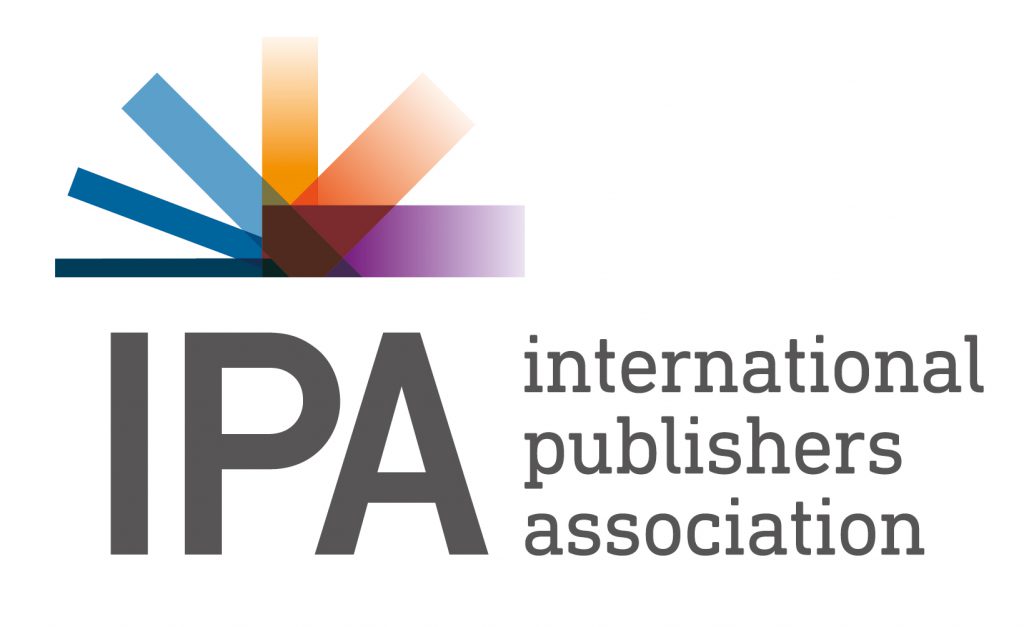Some began anxiously checking flight options, and doubts were cast on the value of a debate attended only by Geneva residents. However, the rumour must have reached the keen ear of Chairman Martin Moscoso, because he later assured the chamber the day’s business would be concluded on time. Call me paranoid, but perhaps the rumour was launched by a Machiavellian delegate seeking to propel the SCCR into a more decisive posture…
Only slightly later than scheduled, things started with limitations and exceptions for educational and research institutions and for persons with other disabilities.
After a round of interventions by the country delegates, IFRRO President Rainer Just opened for the NGOs, saying (among other things): ‘Copyright is what enables the creator to make a living and a nation to develop a viable publishing industry. The secondary market includes uses authorized through collective rights management by RROs. It is best able to respond to local conditions, user needs, copying practices, domestic laws as well as dealing with technological changes while at the same time delivering benefits to all stakeholders in the value chain.’
He continued: ‘Educational institutions form a part of the ecosystem of published works. It is important that they are allowed and offered solutions to allow legal access to copyright works. The best way to arrange this is through direct licensing agreements with authors and publishers combined with collective rights management by RROs.’
For STM, Carlo Scollo Lavizzari summarized the words of Professor Daniel Seng, who presented his report on global exceptions in education on Wednesday, saying: ‘Where multiple copying is concerned, a great number of laws or voluntary licensing principles applicable in countries do in fact call for remuneration. So where the same work is copied substantially at the same time for substantially the same people or made available to them on an e-reserve, without any form of remuneration, this can create a lot of damage.’
And then, in characteristically pictorial style, Carlo added: ‘Professor Seng referred to the famous quote about seeing further by standing on the shoulders of giants. I can only say that that is absolutely true. Science builds upon science, education builds upon education. But standing on a giant’s shoulders is different from standing on the giant’s head. And so, even there, a measure of discretion is required so that old knowledge can serve to build new knowledge.’
Later, the agenda moved on to ‘other matters’ whereupon a number of countries spoke about the importance of conducting the SCCR’s work within the framework of the UN’s Sustainable Development Goals (SDGs).
The Africa Group coordinator, Nigeria, said: ‘The copyright system has an immense contribution to make to socio-economic development.’ She mentioned the Beijing and Marrakesh Treaties, and (without a shred of irony) “potentially a broadcasting treaty”, which has been on the cards for the past 20 years.
She added: ‘The Africa Group has immense concern about the willingness or level of commitment or political will that has been demonstrated by Member States to advance on this subject [educational exceptions], taking into account the important role that education, knowledge and access to information play for human and societal development.’
Towards the end of the meeting, South Africa mooted the idea of holding an additional meeting (an “intercessional”) before SCCR 33, in November, to advance the agenda. There was clear opposition to this suggestion, particularly from the EU, whose representative said the General Assemblies and next SCCR were already ample opportunity to get the job done. We shall see.
And as promised, the session ended on time, at 6pm. However, then the committee adjourned for more than one hour to discuss the draft summary document. Once they returned to the chamber, the delegates played diplomatic table tennis late into the evening, requesting further additions and omissions.

